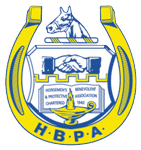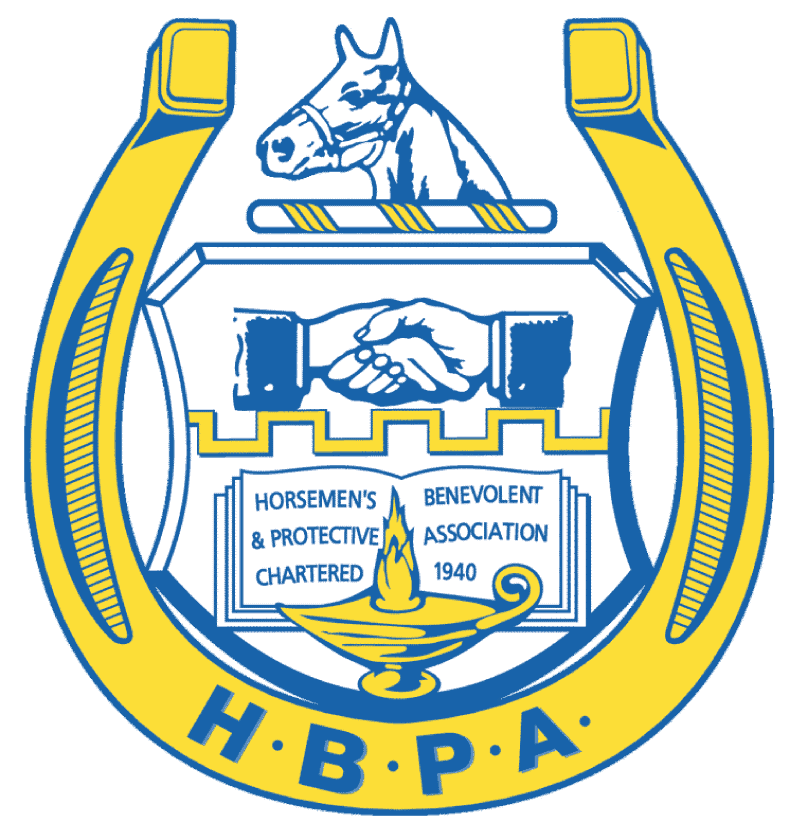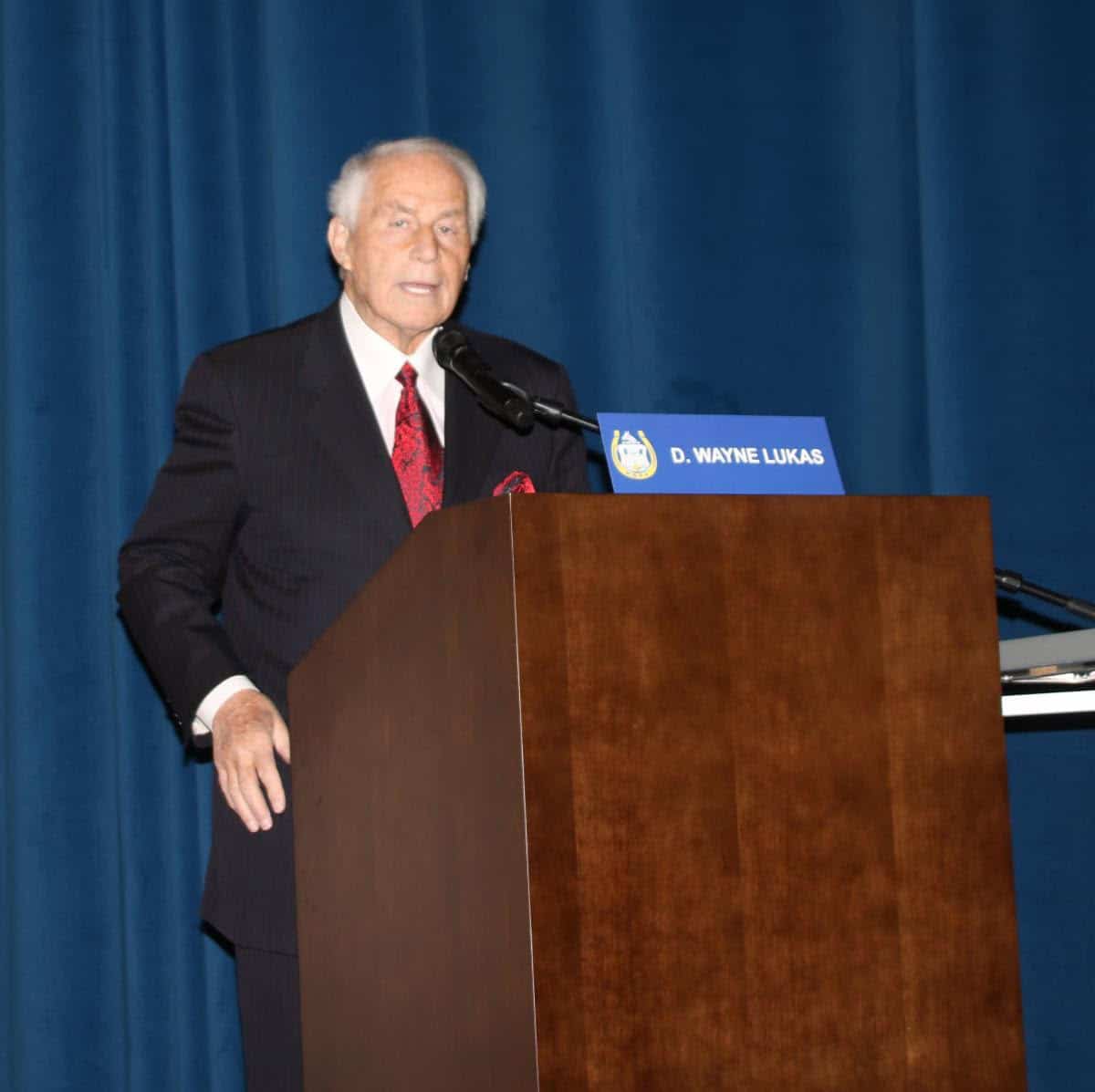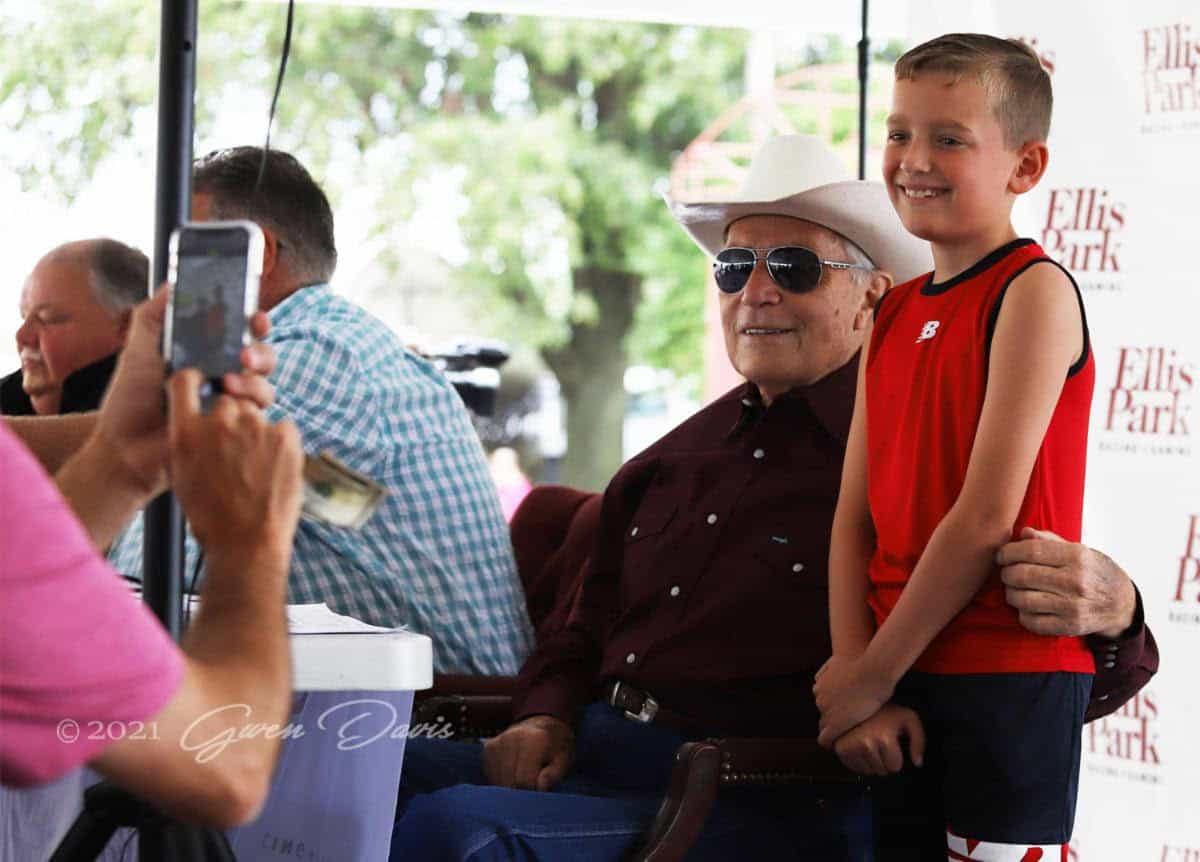National HBPA Convention panel: Aftercare not just ethical but smart marketing
 National HBPA Convention panel: Aftercare not just ethical but smart marketing;
National HBPA Convention panel: Aftercare not just ethical but smart marketing;
‘We want to show that our industry cares for our horses’
Taking care of retired racehorses not only is the ethical thing to do but is good marketing, a panel Thursday told the audience at the National HBPA Convention at the Astor Crowne Plaza in New Orleans.
“We want to show the public that our industry cares for our horses,” said Jessica Hammond, program administrator for Beyond the Wire, Maryland Thoroughbred racing’s aftercare program that is funded by that places retired racehorses in accredited programs that rehab, retrain and adopt out the horses. “That’s a huge deal nowadays, and it should be. This is not only ethical — that’s the main reason — but it’s also a marketing issue.”
Beyond the Wire is funded by the Maryland Jockey Club, the Maryland Thoroughbred Horsemen’s Association and the Maryland Horse Breeders Association, as well as per-start contributions from owners and jockeys. It serves as a conduit, working with facilities accredited by the Thoroughbred Aftercare Alliance in Maryland that rehab for adoption, retrain for second careers and/or provide permanent retirement homes.
“It’s the right thing to do, to care for our horses,” Hammond said. “Most of our horsemen want to retire their horses safely, and a lot of people successfully retire their racehorses to good second careers without a program. But there are some who thought they were getting good homes, and it turned out two weeks or a month later that they won’t. Working with the TAA gives us an extra security net.”
The stated purpose of the convention panel was to discuss the solutions that are as much a part of the equation as funding. A situation that has unfolded in Louisiana provided a case study on how aftercare can help ward off bad publicity that — many times unfairly — tries to pin blame on a racetrack, horse breeder or past owner when a former racehorse winds up in a kill pen that sells horses for slaughter.
Patrick Richmond, president of Louisiana Horse Rescue Association, said social media and photos of horses have caused the bad publicity to mushroom. Boyd Gaming, owner of Louisiana’s Delta Downs and Evangeline Downs, has a policy that permanently revokes stall privileges at its tracks if a trainer’s horse is sold for slaughter, but horses sent to kill pens might not be stabled at a track.
“Now everything is connected,” Richmond said. “Something that happens in some remote corner of the state, all of a sudden it’s all over the nation. Because everyone has a video camera, everyone is on Facebook, on Youtube. It takes only one horse to bring just the huge load of bad publicity down on the industry. The publicity falls on the breeder, falls on the owner, on the racetrack. And it really is only one individual causing all of this. But the general public doesn’t really know much about our industry. They just know there’s a horse that’s abused.”
And that’s where the Thoroughbred Aftercare Alliance comes in. The industry-wide program, launched in 2013, accredits aftercare facilities after a rigorous inspection and then also provides funding to those facilities. The TAA currently helps fund nearly $3 million a year to 64 accredited organizations. The Louisiana Horse Rescue isn’t one, but hasn’t applied. Stacie Clark, the operations consultant who oversees the TAA, said that’s going to change and Louisiana Horse Rescue will be mentored through the process with hopes of becoming the 65th organization.
Richmond said racetracks need to partner with the TAA and an organization such as Louisiana Horse Rescue to say, “We’re opposed to this happening to horses. We’re actively trying to find places for horses to have homes and successful careers after racing.”
“I do think the racetracks are coming around,” said Michele Rodriguez, founder and president of Elite Thoroughbreds in Folsom and vice president of Louisiana Horse Rescue. “Because they’re seeking us, as opposed to us going to them. There’s been so much bad publicity about the outcome of some of the horses in the state that they don’t want that stigma attached to the tracks. Boyd (Gaming), which controls two of the tracks in Delta and Evangeline, has asked requested Pat and I visit with them. They’re going to try to work with us, and the racing commission is putting together a task force (including) the other two tracks, and hopefully the department of agriculture. So we can hopefully shut down some of the kill pens, and they’re going to help fund us.”
Louisiana HBPA president Benard Chatters, one of the panelists, mentioned legislative and economic hurdles but vowed: “I’m going to commit our lobby effort to come up with a funding mechanism to help with Thoroughbred aftercare. It’s almost a philosophical thought process that we have to get to our members: while we participate in this business and you love horses, you have to be mindful what happens to them after they run.”
He added, “There’s no one size fits all to this problem” and that horsemen must be protected too from being unfairly sanctioned if a horse once in their care is subsequently sold for slaughter by someone else.
“That’s why it’s important to have a ‘first exit’ (from racing) and working with accredited groups,” said Stacie Clark, TAA’s operating consultant. “If you have that first exit, you don’t have that. Because you know the trainer put the horse in the right spot.”
Hampering things are those who have made it a business to acquire a horse off the track and then trying to sell it to a previous owner, the pitch being that it will otherwise be sold for slaughter. Eric Hamelback, the National HBPA’s chief executive officer, also urged caution to get the facts, to make sure a horse portrayed on social media as a racehorse sent to a kill pen is actually a Thoroughbred and an active racehorse, as opposed to an aged horse who could have changed hands many times since leaving the track.
“You have to be real careful with some of these folks who are trying to get you to help by sending more money, because it sometimes just exacerbates the problem,” Hamelback said “… You can’t put right or wrong on emotion. You just have to remember we’re trying to get it at that first step. We need to do our due diligence and just educate the Thoroughbred side of the world. We can’t worry about the other side…. We’re just trying to get into rehoming and retraining after they’re done racing. And hopefully if we can prevent them going into that side, right off the track, we’ve done our job.”
Hammond added this advice for racing entities embarking on an aftercare program: Just jump in.
“I’ve had other groups interested in doing a program like this and they feel it’s a daunting task,” she said. “You kind of just have to get the idea and how you want the program to run… Just start the program, because you’re not going to have everything perfect from the get-go. You’re going to have to tweak things along the way, and that’s OK. You just have to get started.”
Courts swinging horsemen’s way
Lexington equine attorneys Andre Regard and Peter Ecabert, who also is the National HBPA’s legal counsel, provided an overview of the landscape in the wake of a Franklin (Ky.) Circuit Court judge finding unconstitutional Kentucky’s version of racing’s long-standing absolute insurer rule that holds trainers accountable for horses in their care because he determined that it did not allow trainers to properly defend themselves. The Kentucky Horse Racing Commission has appealed Judge Thomas Wingate’s ruling.
“We’ll see as the appeals process goes through. But certainly we’re moving toward rebuttable presumption,” Regard said, referring to allowing mitigating circumstances, such as environmental contamination, to be presented, rather than a presumption of responsibility that can’t be challenged. “As testing continues to get better, you need that rebuttable presumption, so you can look at other factors.”
Said Ecabert: “Kentucky often is the place when it comes to horse-racing regulations that the rest of the nation looks to. We’re hoping the commission will see fit to change the regulation on the absolute-insurer rule back to the way it was before 2009, which did allow for a rebuttable situation. They made it irrebuttable at that time, and it’s been that way since.”
The attorneys said that the cards are stacked against horsemen at the administrative level when appealing a rules violation and penalty, but that makes it imperative that horsemen get any and all exculpatory evidence and defenses into the record at the administrative hearing because that cannot be added later during appeal.
Eric Hamelback, the National HBPA’s chief executive officer, said the organization does not oppose trainers being the first line of accountability for their horses but firmly believes they have a constitutional right to defend themselves.
Also Thursday
A panel discussed the growing problem of escalating workers compensation insurance, keying on how Louisiana and California have tried to keep down costs, and another session focused on programs to recruit and develop a domestic work force amid uncertainties over future immigration policy.
The now 5-year-old mare Mended was honored at the convention’s awards luncheon as the National HBPA Claiming Horse of the Year. The Northern California-based Mended, claimed Jan. 6, 2017 for $12,500 by owners Troy and Maritza Onorato. She lost that day but went 10 for 10 the rest of the year for the Onoratos and trainer John F. Martin, culminating in victory in the $110,000 Claiming Crown Glass Slipper at Gulfstream Park.
Resolutions were presented to the families of the late Bob Lee and Kent Stirling, documenting their many years of service to the National HBPA, their state affiliate and horse racing. Stirling, a trainer of note who spent 20 years as the executive director of the Florida HBPA, died Sept. 6 at age 72 after a long battle with cancer. Stirling had become the National HBPA’s in-house expert on medication issues and earned a national reputation of not only understanding but being able to explain complicated matters involving therapeutic medication in horses. He also championed backstretch causes and backside employees.
“He really did love the Thoroughbred industry,” said Stirling’s wife, Sheri. “He dedicated his life to it. He devoted time and energy and really did believe that we had to take care of the backside workers, we had to take care of the horses, owners and trainers.”
Lee was a former jockey, trainer and owner who spent more than 30 years as president of the Nebraska HBPA, spearheading the Horsemen’s Bill of Rights enacted into law in Nebraska and founding Horsemen’s Park in Omaha, the first horsemen-owned track in the country, after Ak-Sar-Ben closed in 1995. Lee died Nov 28, 2016, at age 88.





